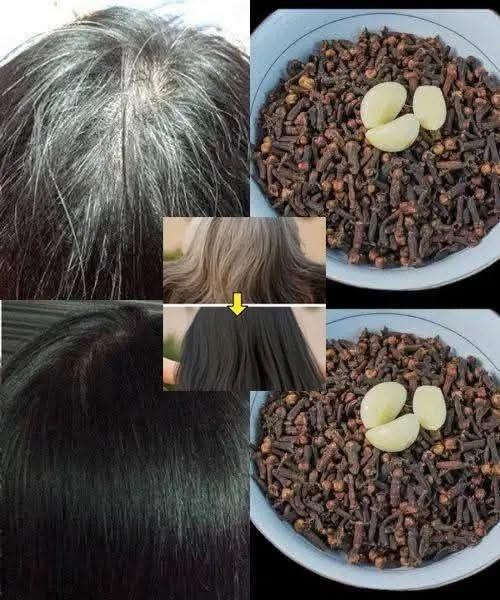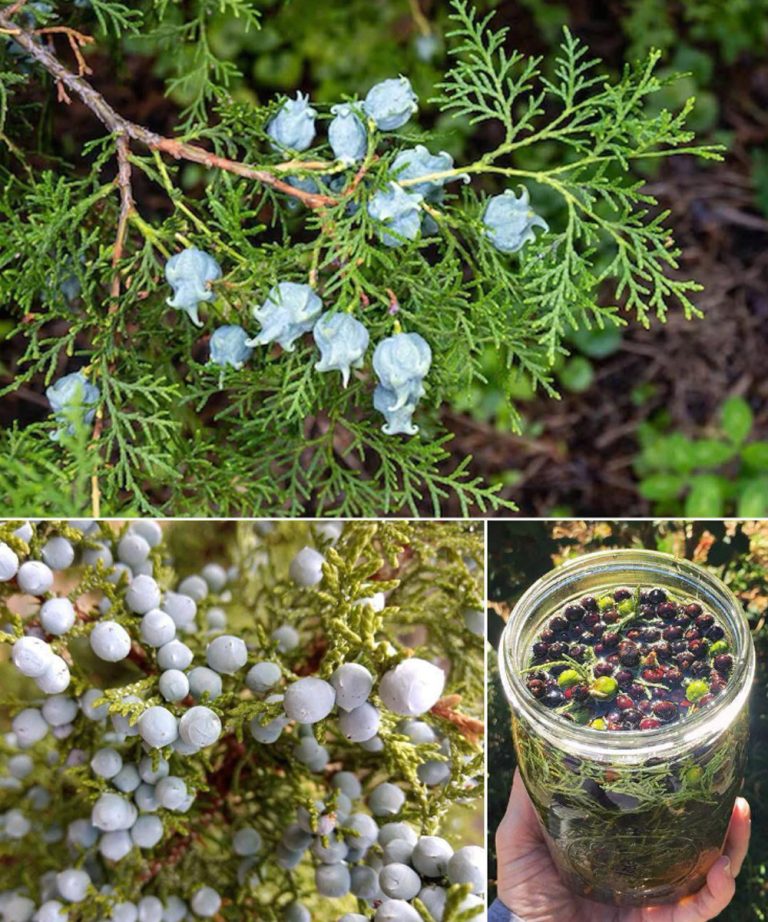
The phenomenon of bruising is something many of us have experienced at one time or another. While a minor bump might leave one person completely unscathed, the same impact could result in a noticeable bruise for someone else. Understanding why this is the case and what measures can be taken to manage easy bruising can be quite beneficial. This article delves into the scientific reasons behind why some people bruise more easily than others and offers practical advice on how to address it.
Whether you have noticed bruises on your body without recollection of any injury or you are just curious about the topic, this article is designed for you. By the end, you will gain a deeper understanding of the factors contributing to easy bruising and learn actionable tips to minimize its occurrence.
Understanding the Science Behind Bruising
A bruise, medically known as a contusion, occurs when small blood vessels (capillaries) are damaged by an impact, causing blood to leak into the surrounding tissues. This leakage leads to the characteristic discoloration seen in bruises. But not everyone bruises at the same rate or intensity. Here are some key scientific reasons why:
The Role of Age
1. As we age, our skin becomes thinner and loses some of the protective fatty layer that cushions blood vessels. This makes older adults more susceptible to bruising.
2. Additionally, the structural proteins in our skin, like collagen, decrease with age, further increasing the fragility of blood vessels.
Genetic Factors
1. Genetics play a significant role in how easily a person bruises. If you come from a family history of easy bruising, you are more likely to experience it yourself.
2. Certain inherited conditions can affect platelet function or the coagulation process, leading to increased bruising.
Medical Conditions and Medications
1. Conditions such as anemia, hemophilia, and other bleeding disorders can predispose individuals to bruising more easily.
2. Medications like blood thinners (anticoagulants), aspirin, and corticosteroids can affect the blood’s ability to clot or make blood vessels more fragile, enhancing the likelihood of bruises.
Nutritional Deficiencies
1. A lack of essential nutrients such as Vitamin C, Vitamin K, and bioflavonoids can weaken blood vessels and reduce the body’s ability to repair them.
2. Ensuring a balanced diet with sufficient vitamins and minerals is crucial for maintaining healthy blood vessel integrity.
What You Can Do About Easy Bruising
If you find yourself bruising easily, here are some steps you can take:
1. Maintain a Nutrient-Rich Diet:
Ensure you’re getting enough vitamins C and K in your diet, as they are vital for blood vessel health and clotting.
2. Exercise Caution with Medications:
If you’re taking blood-thinning medications, discuss with your healthcare provider about the side effects, and never stop taking them without professional advice.
3. Gentle Skin Care:
Use sunscreen to protect your skin from damage and moisturizing lotions to maintain skin elasticity. Avoid lifestyle factors that can lead to skin damage, such as excessive sun exposure and smoking.
4. Monitor and Manage Medical Conditions:
Keep chronic conditions, like diabetes and hypertension, well-managed under the guidance of a healthcare provider to minimize their impact on your skin and blood vessel health.
5. Use Protective Gear:
When engaging in activities that can lead to bumps and falls, like sports or gardening, wear appropriate protective gear to cushion impacts.
By understanding the underlying reasons why some people bruise more easily than others, it is possible to take proactive measures to reduce the occurrence of bruises and maintain overall skin and vascular health. Always consult with a healthcare professional for personalized advice and treatment options related to bruising and any underlying medical conditions.





